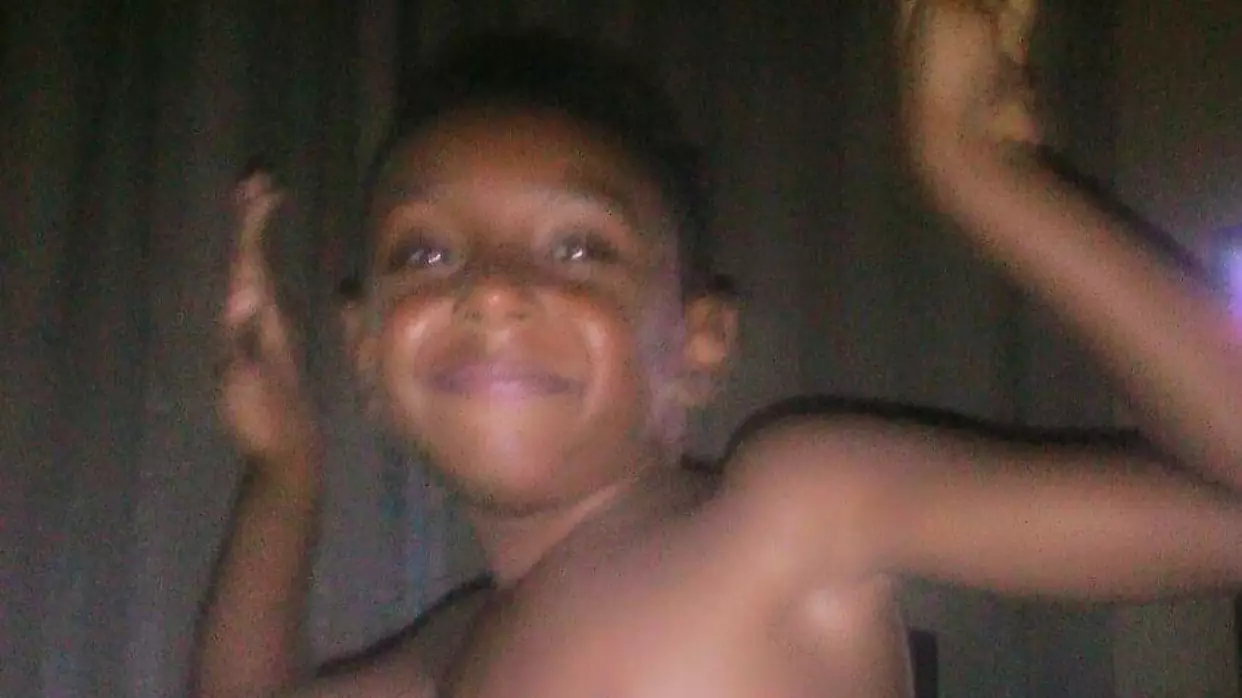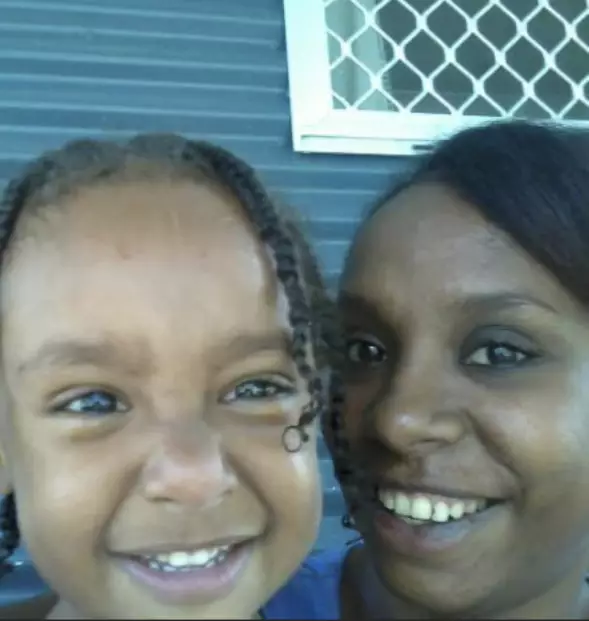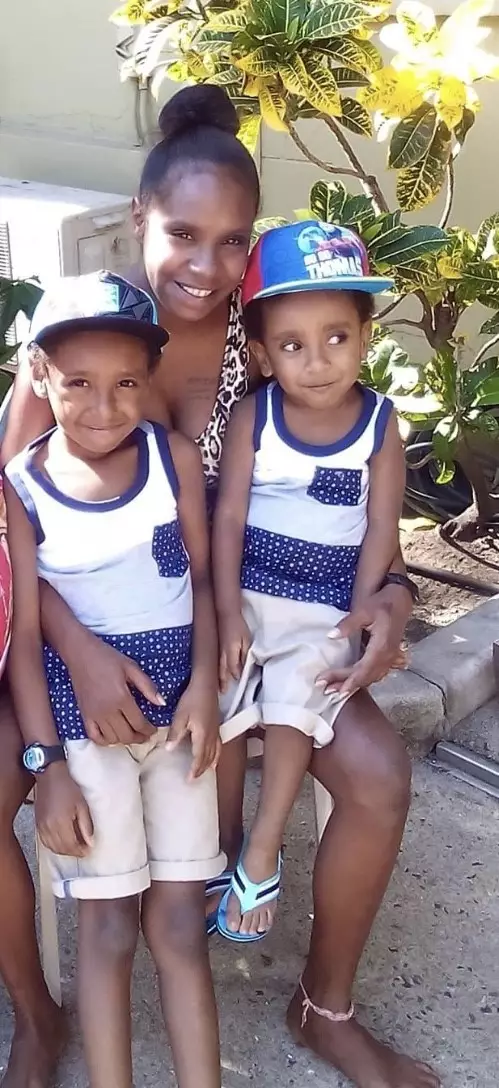
First Nations readers are advised that this article contains the names and images of a deceased person.
A family and their community will be forever haunted by the sudden and tragic death of their six-year-old boy.
Charlie Izaak Wilfred Gowa died from sepsis at a Brisbane hospital in January 2017, thousands of kilometres away from his home.
Advert
The young Torres Strait Islander boy was admitted to hospital on the sixth attempt, after he and his mother were turned away every day for five days.
Charlie's mum, Xernona Poi Poi, took him to Bamaga Hospital in Cape York, in Queensland's far north coast, after he started feeling unwell.
Despite having a fever, vomiting and suffering diarrhoea, he was turned away; sometimes given Panadol and an ice-block as a remedy, sometimes not even that.
The same thing happened over the subsequent four days. Each time he was turned away from the emergency department.
Advert
Charlie became so weak from his condition that he had to be carried to the bathroom.

It was on the sixth day that he was finally admitted to hospital. He was then flown south to a larger hospital at Cairns.
Charlie was moved to the Intensive Care Unit as his condition worsened. Experts there placed him in an induced coma to allow him to be transported to Brisbane for further treatment.
Advert
Charlie's parents were told their son's health was rapidly deteriorating when they arrived into Brisbane and it was unlikely he would survive.
The official report on Charlie's death explained he died from 'overwhelming sepsis' caused by melioidosis.
His family is still crushed by the passing of their little boy and are angry at how they were treated by the hospital that turned them away. They feel that their concerns were downplayed and ignored while Charlie continued to deteriorate.
An investigation was sparked into the handling of Charlie's care and the Queensland Health Ombudsman said that his case raised 'broader issues considered to be of a systemic nature'.
Advert
Charlie's aunty, Maddie Turner, agrees that while 'things weren't operating the way they should have been' at the hospital where Charlie was turned away, she suspects something larger is to blame for the tragic mismanagement of his care.
"I think the biggest part of that is systematic racism and casual racism that's in the community," she told LADbible. "After Charlie passed away, we thought if he was a non-Indigenous person in a Sydney hospital then things would have been different.
"The fact he was an Indigenous child in the community, there was a level of complacency around his treatment."

Advert
Maddie added that there aren't enough services available in remote communities.
"It was really difficult for his parents to communicate. English is not their first language and there wasn't anyone there to help interpret for them. There were also cultural barriers that would have been resolved if there was a cultural liaison officer available to help get Charlie the care that he needed" she told us.
"At the time, they were really scared, they felt really helpless. They were desperate, they were just trying to get someone to help him. They didn't have the option to get a second opinion or go to another hospital."
Everyone in Charlie's family were shocked when he passed away, and no one could wrap their head around why he was denied care when he so clearly needed it.
They're now calling for more medical professionals, particularly from local Indigenous backgrounds, to get into these remote communities to help improve the overall healthcare of the region.
Maddie believes the medical care in remote areas needs to be both high quality and culturally appropriate to ensure another case like Charlie's never happens again.
To support the fight against racial injustice visit ladbible.com/unheard
Featured Image Credit: SuppliedTopics: Australia